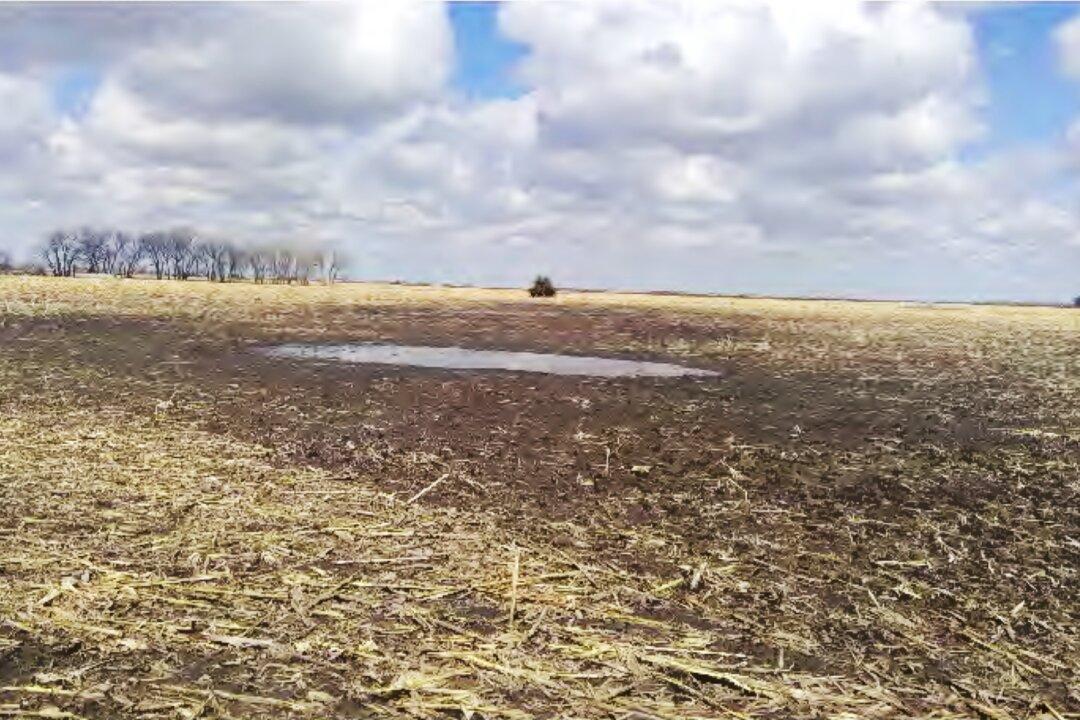Commentary
Just thought you might like to know what the federal government is doing on your behalf, how the feds are spending your tax dollars on a crazy-sounding lawsuit.

Just thought you might like to know what the federal government is doing on your behalf, how the feds are spending your tax dollars on a crazy-sounding lawsuit.